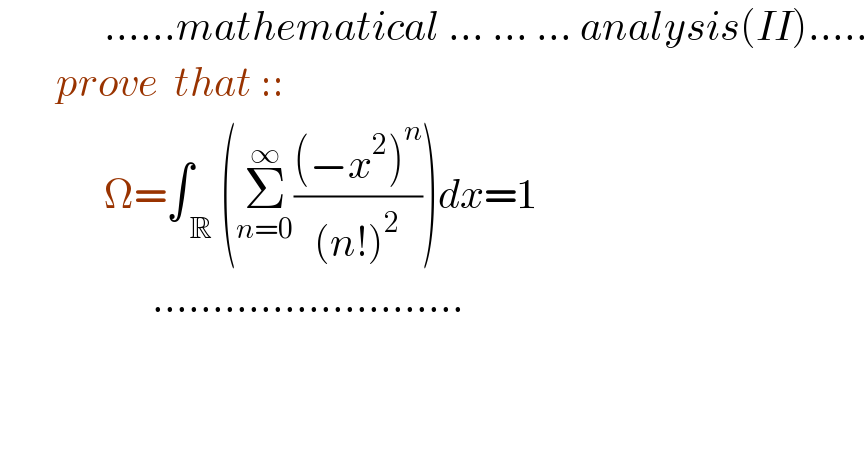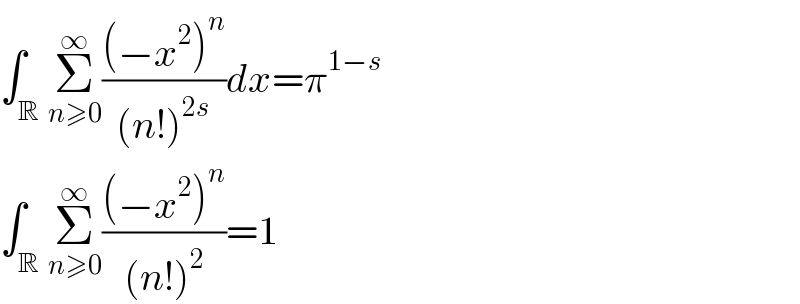
Question and Answers Forum
Question Number 137420 by mnjuly1970 last updated on 02/Apr/21

Commented by Dwaipayan Shikari last updated on 03/Apr/21

| ||
Question and Answers Forum | ||
Question Number 137420 by mnjuly1970 last updated on 02/Apr/21 | ||
 | ||
Commented by Dwaipayan Shikari last updated on 03/Apr/21 | ||
 | ||